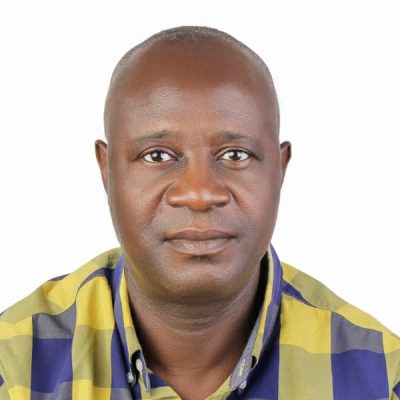By Dr. Afolabi Olajuwon
Elections in Ghana have long been regarded as a benchmark for democracy in Africa. I am looking into the public relations strategies employed by political parties and analyzes international opinions and perceptions during Ghanaian elections.
Through qualitative analysis of media content, public statements, and international reports, the study seeks to understand how these strategies influence both domestic and international audiences.
Ghana has established itself as a stable democracy in West Africa, with elections that attract significant attention both locally and internationally. The role of public relations (PR) in shaping electoral outcomes is crucial, as political entities strive to influence public perception and strengthen their international reputation. My study examines the PR mechanisms employed during Ghanaian elections and assesses how these efforts are perceived globally.
Political parties in Ghana utilize a wide array of PR tactics to sway voter opinion. These include:
Media Engagement: Parties frequently use traditional media (radio, television, and newspapers) to communicate their messages. In recent years, social media has become a vital tool for reaching younger demographics and engaging with voters directly.
Branding and Messaging: Developing a strong, relatable brand is essential for parties. This involves crafting messages that resonate with key voter concerns, such as economic development, education, and healthcare.
Crisis Management: During the election period, political entities often encounter crises that require adept management to maintain public trust. Effective crisis communication can mitigate negative fallout and preserve credibility.
Influencer Partnerships: Collaborating with influential figures and organizations, both locally and internationally, helps to amplify the party’s message and enhance its legitimacy.
International Opinion and Perception:
The international community plays a significant role in Ghanaian elections, providing not only financial and technical support but also influencing perceptions through media coverage and diplomatic engagement.
Observations and Reports: International organizations, such as the African Union and Economic Community of West African States (ECOWAS), often deploy observers to ensure transparency and fair play, which is crucial for validating the election process.
Media Narratives: Western media coverage can shape international opinion by highlighting issues such as electoral integrity, party platforms, and political stability. The framing of these narratives can impact foreign investment and diplomatic relations.
Diaspora Influence: The Ghanaian diaspora also contributes to international perceptions, utilizing digital platforms to promote narratives that support or challenge political developments in Ghana.
Diplomatic Reactions: The responses of foreign governments to election outcomes are telling of international sentiment and can either bolster or challenge the perceived legitimacy of the electoral process.
By examining past Ghanaian elections, such as those in 2016 and 2020, this study provides insights into the dynamic interplay between PR strategies and international opinion.
- Premier League: Leicester City Rally To Seal Shock Win Over Spurs
- CAF Unveils New Logo For AFCON 2025
- Court orders arrest of Access Bank MD over alleged theft of property belonging to Obanikoro’s son
- Serie A: Chukwueze Bags Winner In AC Milan, Parma’s Five-Goal Thriller
- In Oyo, ifa n’ke hallelujah, by Lanre Adewole
For instance, the successful use of social media by certain parties and their leaders significantly influenced voter engagement and international media portrayal.
In conclusion, public relations strategies are indispensable in shaping election narratives within Ghana and beyond its borders. As seen in recent electoral cycles, the effective use of media, messaging, and international engagement strategies has been pivotal to political success.
The international community’s perception, shaped by media coverage and diplomatic interactions, remains a crucial factor in validating the democratic process. Future elections in Ghana are likely to see an even greater emphasis on innovative PR strategies and international diplomacy, underscoring the evolving landscape of political communication in Africa.
*Dr. Olajuwon is a Fellow of the Nigerian Institute of Relations, a Researcher and resource person at the International Institute of Journalism, Abuja


